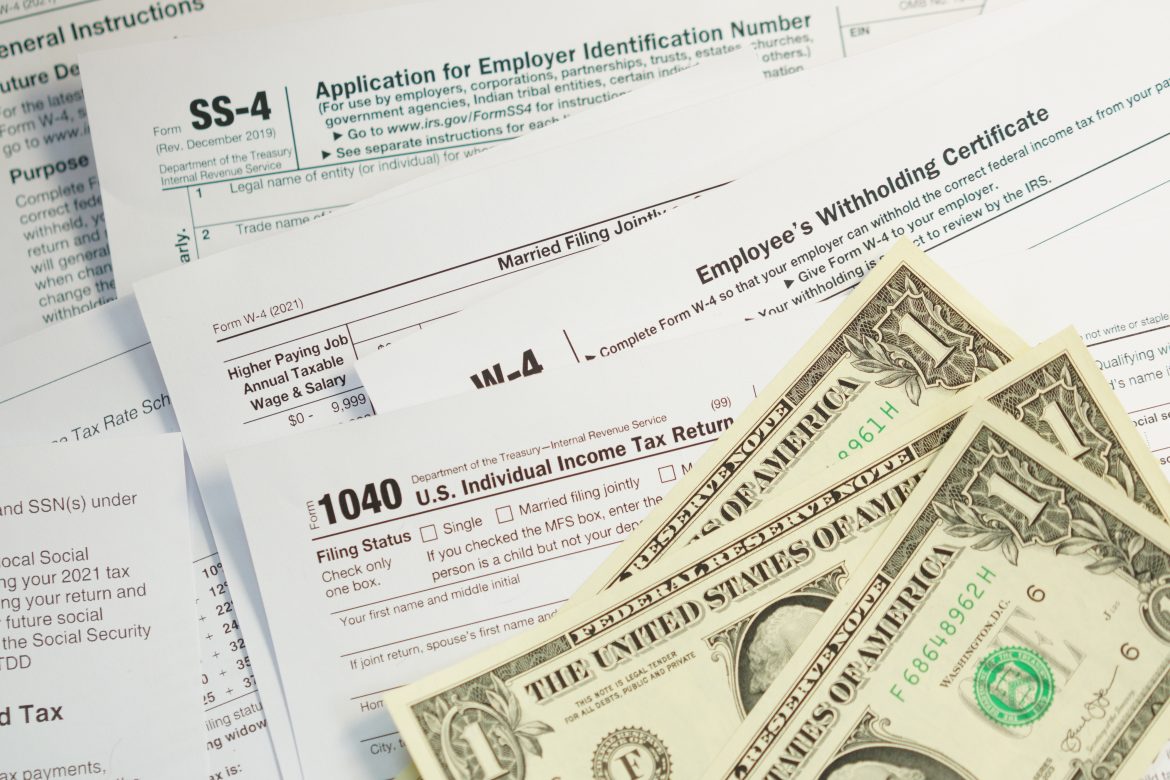On July 4, 2025, President Trump signed the “One Big Beautiful Bill Act” (OBBBA) into law. Tucked within this sweeping legislation are two significant, temporary, tax deductions for income earned from tips and overtime, which are especially impactful for service industry workers, who rely heavily on tips, and hourly workers who depend on overtime to help bridge the gap between wages and cost of living. Both tax deductions expire at the end of 2028.
OBBBA allows individuals to deduct up to $25,000 in “qualified tips” each year from their taxable income. The deduction amount is gradually reduced by $100 for each $1,000 an individual earns over an adjusted gross income of $150,000, or $300,000 for married couples filing jointly. Married individuals can only take advantage of these deductions if they file a joint return. OBBBA defines “qualified tips” as those received from customers (whether in physical cash, from credit/debit cards, or as part of a tip-sharing arrangement) in an occupation that customarily received tips as of the end of 2024. While positions like servers, bartenders, and hair stylists are clearly included, the federal government is expected to issue more detailed guidance on all qualifying occupations by the end of October 2025. In most cases, the elimination of federal income taxes on tips will be realized by tipped employees when they file their annual tax return, and they shouldn’t expect to see an increase in their regular paychecks. Employers will continue to withhold federal income tax, Social Security, Medicare, and state and local taxes from tips as they always have.
When qualifying tipped employees file their federal tax return, they will first report their total tip income separately from other income and then take a deduction equivalent to that tip income, lowering their overall federal income tax liability and resulting in a larger refund. This deduction applies only to federal income tax. It does not affect an employee’s obligations for Social Security, Medicare, or any state and local taxes on tip income.
OBBBA also provides a new deduction for “qualified overtime compensation,” defined as the extra half-time pay for hours worked over 40 in a week under the Fair Labor Standards Act. As with the tip provision, the tax relief for overtime is similarly claimed as a deduction on an employee’s tax return, and this deduction is exclusively for federal income tax. It does not alter what is owed for Social Security, Medicare, or any state and local taxes on overtime pay.
Employees may deduct up to $12,500 annually for individuals and $25,000 for married couples filing jointly from their taxable income. The same income-based phase-outs that apply to the tip deduction also apply here.
While “No Tax on Tips or Overtime” was intended to benefit employees, there are also direct and indirect benefits to employers. First, OBBBA permanently expands the Federal Insurance Contributions Act (FICA) tip credit for the portion of payroll taxes that an employer pays on certain tips, previously only available to employers in the food and beverage industries, to include payroll taxes paid on tips received in connection with beauty service businesses, including barbering, hair care, nail care, esthetics, and spa treatments.
In addition, OBBBA makes jobs that offer untaxed tips and overtime more attractive. This especially helps employers in the restaurant and hospitality industry attract and retain talented service professionals, who in recent years have been forced to leave the service industry for higher-paying, but in many cases less rewarding, jobs in places like fulfillment warehouses. It also helps all employers appropriately staff their businesses, as employees are more willing to take on extra shifts or work longer hours, given the direct benefit they now receive from untaxed overtime.
Contrary to popular belief, “tips” is not an acronym for “To Insure Prompt Service”. Nevertheless, employers will also benefit from the enhanced customer satisfaction resulting from the prompt, attentive service provided by tip-based employees. Better service leads to more tips, and when those tips aren’t taxed, employees are further motivated to deliver excellent customer experiences, which directly benefits the employee and indirectly helps the employer keep customers happy and grow their brand.
“No Tax on Tips or Overtime” is a win-win-win scenario for employers, employees, and the economy. Businesses, especially small businesses, can better manage labor costs while providing competitive earning opportunities and attracting and retaining a more dedicated, stable, and productive workforce. Employees are motivated to work harder and longer, with the satisfaction that what they earn from such extra effort is theirs to keep, and increased disposable income always leads to greater consumer spending, which further stimulates the economy.






















